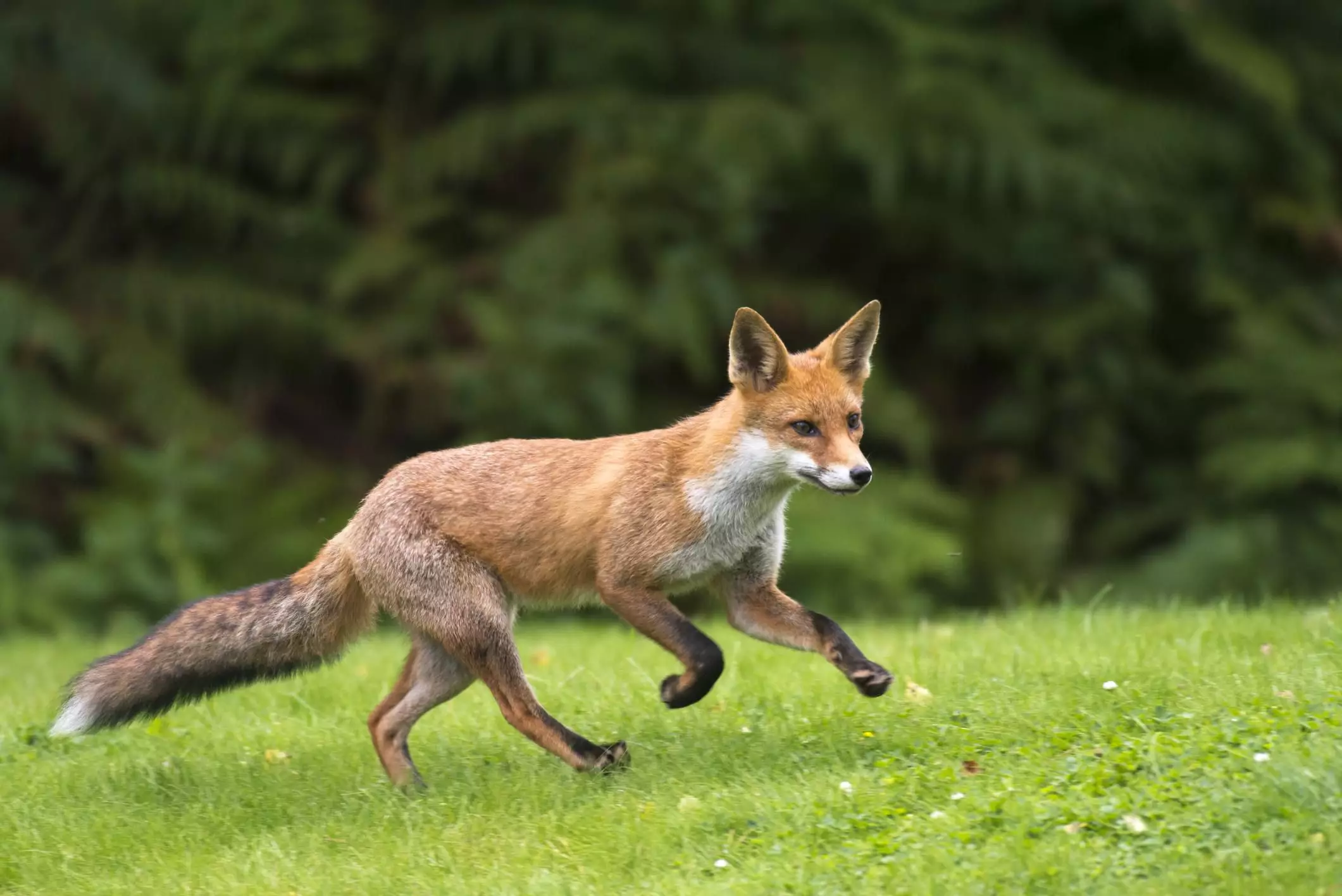The Russian red fox, scientifically known as Vulpes vulpes, stands out as the only breed of fox that has been successfully domesticated through rigorous selective breeding in Russia. These animals exhibit behaviors closely resembling that of domestic dogs, making them potentially delightful companions for animal enthusiasts ready to embrace the challenges of fox ownership. As these creatures can be quite expensive, both in terms of initial purchase and ongoing care, it’s essential for potential owners to fully recognize the responsibilities associated with these remarkable pets.
Living with a Russian red fox requires addressing various needs that differ from more conventional pets. While they can adapt to home life, they also necessitate a secure outdoor enclosure during periods of unsupervised play. Foxes are energetic animals, demanding ample outdoor time to exercise and engage in activities that stimulate their minds. Their diet does not require exotic foods; instead, high-quality dog food can serve as a base diet, supplemented with fruits and vegetables. However, aspiring fox owners should remain vigilant about proper nutrition, as an inappropriate diet could lead to health complications.
Furthermore, grooming becomes a critical component of owning a fox. Their luxurious fur, particularly thick during winter, requires frequent brushing, especially during shedding seasons in spring and fall. This maintenance is vital not just for aesthetic reasons but also for the fox’s overall health, helping to prevent matting and skin irritations that can arise from neglect.
The Legal Considerations of Fox Ownership
Before welcoming a Russian red fox into your home, it’s crucial to understand the legal landscape surrounding exotic pet ownership. As of 2022, owning a pet fox is prohibited in the majority of the United States. Only a limited number of states allow possession under specific regulations, which often require permits. North Carolina is one such state, allowing individuals to keep foxes provided they use them in educational exhibitions at schools or nature centers. Such legal frameworks exist to ensure responsible ownership and contribute to the welfare of these unique animals.
Beyond legalities, complying with regulations reinforces ethical considerations. Domesticated Russian red foxes have been raised in environments where human interaction is prevalent, leading to traits that make them more amenable than their wild counterparts. Potential owners must ensure they comply with local laws to avoid penalties, and because exotic veterinarians typically refuse to treat illegally owned animals, knowing the regulations is also essential for the fox’s healthcare needs.
One of the most intriguing aspects of the Russian red fox is its ability to bond with humans and behave in a manner similar to domestic dogs. These foxes often exhibit affection through licks, tail wags, and playful antics that can bring joy and companionship to their owners. That being said, aspiring pet parents must recognize that foxes are highly intelligent and require regular social interaction to thrive; neglecting this could lead to behavioral issues, including destructive tendencies stemming from boredom.
Despite their generally friendly disposition, it’s important to note that foxes are still wild animals at heart, and supervisory measures are vital to prevent them from engaging in instinctive behaviors such as digging or urine-marking. A securely enclosed outdoor area is critical to manage these instincts effectively. When domesticated, food and territory marking behaviors likely persist, necessitating patience and appropriate training strategies, akin to those used in dog training.
Paw-sitive Care: Health and Lifestyle
Like canine counterparts, Russian red foxes are susceptible to various diseases, including rabies, distemper, and some livestock illnesses. Consequently, securing a reliable veterinary care provider who understands exotic species is crucial. A proactive approach to vaccination and overall health management can mean the difference between a healthy, vibrant fox and one hampered by disease.
Daily exercise is paramount. A spacious yard or designated area where the fox can explore freely is ideal, with opportunities for playdates or leash walks ensuring they maintain both mental and physical fitness. Such activities not only keep them healthy but also enhance their emotional well-being.
Moreover, bathing, nail trimming, and regular grooming are critical elements of responsible fox care. Understanding their grooming needs, utilizing appropriate tools, and maintaining a consistent routine can ensure that both fox and owner enjoy a positive grooming experience.
Owning a Russian red fox can be immensely rewarding, offering companionship and a unique experience unlike other pets. However, they come with significant responsibilities, including legal considerations, extensive care requirements, and a need for social interaction and mental stimulation.
For the right owner, a Russian red fox can be a loyal friend that enriches life with their playful spirit and affectionate nature. Before making the leap into fox ownership, conducting thorough research, engaging with current owners, and considering all aspects of fox care is essential. Ultimately, those who are prepared to invest the time and resources into providing a loving home may find their fox to be a cherished member of the family.

